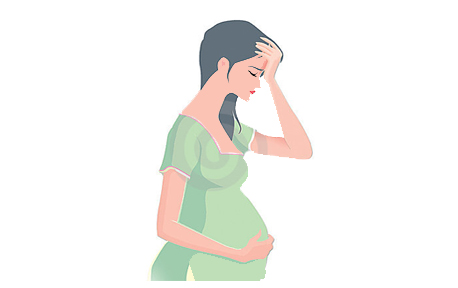The devastation of last weekend’s events is still fresh in our minds. This column commiserates with all those who lost loved ones, and wishes speedy recovery to those still nursing both physical and psychological trauma. It is not unusual for expectant women to be caught up in such events. In our present circumstances, it’s almost impossible to predict when and where the next attack will be. Day to day life must continue, but one must be vigilant at all times, ready to respond as appropriately as possible in the most dangerous of situations.
Read more ..... Giving forth to new life is a natural phenomenon, desired by almost all living creatures. Couples go through highly exciting emotions once a desired conception is confirmed.
Read more ..... The wet season is here with us. We can expect good tidings on the agricultural front, but seasonal health concerns in pregnant women and other risky groups (children and the elderly) also arise. The cold and wet season is globally associated with respiratory infections, with flu being among the more serious infections.
Read more ..... Genital warts are common, and usually cause no symptoms. But most women find them disfiguring and annoying. They may sometimes be painful or itchy, and can rarely interfere with childbirth.
Read more ..... Women should plan pregnancies when chances of conception are highest, they are in good health, and are more likely to deliver a healthy baby. The optimal biological decade for conception is between 25 to 35 years. This optimal conception decade is dictated by the fact that women are born with a finite, genetically determined number of eggs in their ovaries. The pool of eggs is highest at birth amounting to about 2 million. However most of these eggs are destined to die, and by puberty, there are only about 500,000 left.
Read more ..... 

